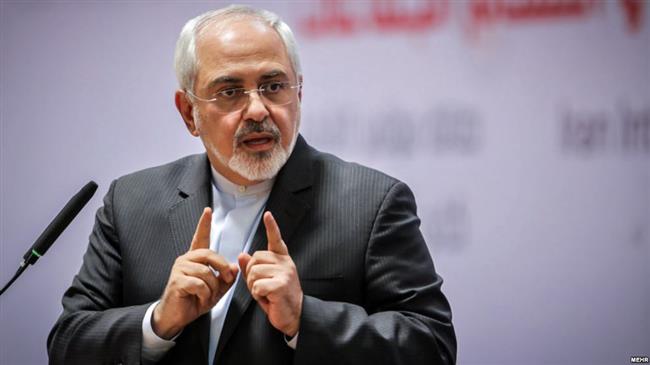Time to abandon your delusions: Iran FM tells US president
Foreign Minister Mohammad Javad Zarif has hailed the Iranian people’s massive turnout in rallies marking the 41st anniversary of the victory of the Islamic Revolution, saying it was time US President Donald Trump abandoned his delusions against the Islamic Republic.

“Iranians turned out in huge numbers to rally on the 41st anniversary of their revolution–and to honor their fallen heroes,” Zarif said in a post on his Twitter account on Tuesday.
Iranians turned out in huge numbers to rally on the 41st anniversary of their revolution–and to honor their fallen heroes.
Message to Trump (+vassals): Time to abandon your delusions
With all challenges & differences, in defending country & honor, all 82 million Iranians are ONE. pic.twitter.com/2voXw2Wy9d— Javad Zarif (@JZarif) February 11, 2020
The top Iranian diplomat addressed the US president and America’s vassal states, saying, “Time to abandon your delusions.”
He emphasized that all 82 million Iranians are united despite all the challenges and differences when it comes to defending the country.
Millions of Iranians from all walks of life on Tuesday thronged the streets across the country to celebrate the 41st anniversary of the victory of the Islamic Revolution, which toppled the US-backed Pahlavi regime in 1979.

Islamic Revolution turns 41: Iranians mark anniversary nationwideMillions of Iranians from all walks of life are staging rallies across the country to mark the anniversary of the 1979 Islamic Revolution.
This year’s mass rallies are especially significant as they coincide with the 40th-day memorial for Lieutenant General Qassem Soleimani, the former commander of the Quds Force of Iran’s Islamic Revolution Guards Corps (IRGC), who was assassinated together with his comrades in a US drone strike in Baghdad in early January.







